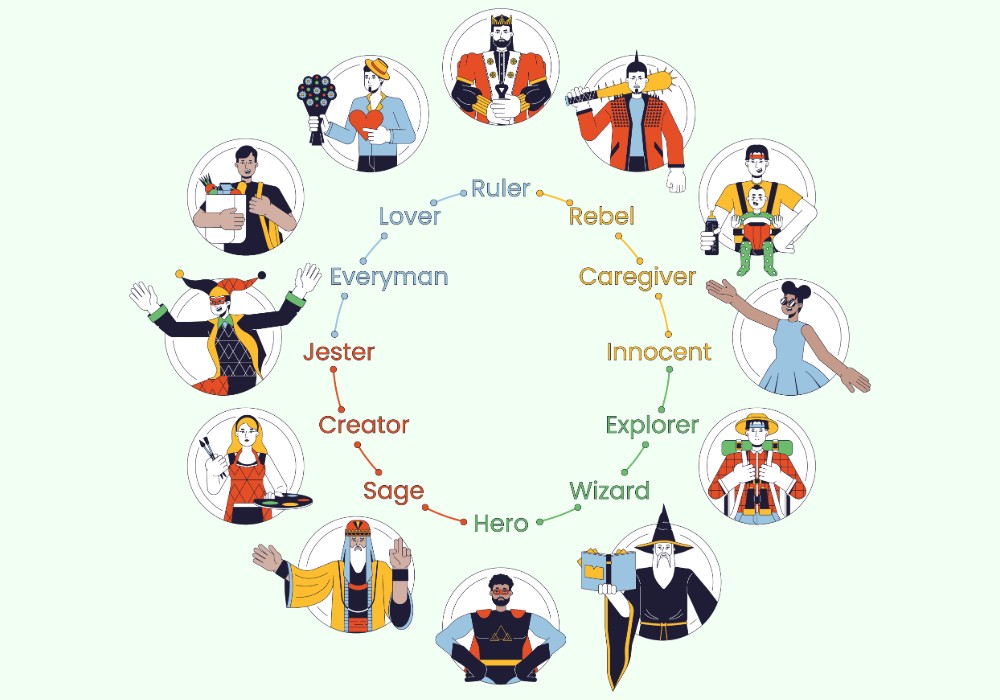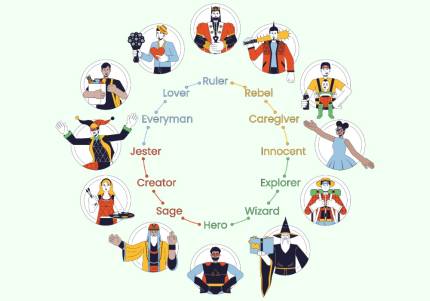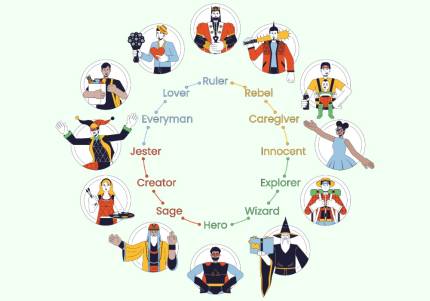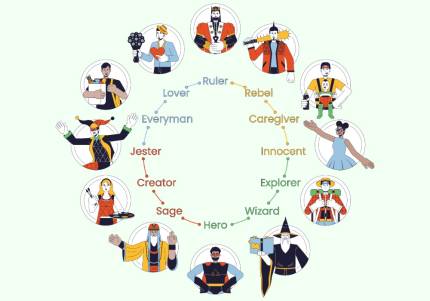Personality Assessment in Dating and Relationships: Helpful or Harmful?
- 1 May 2025

In today's digital dating landscape, understanding compatibility has increasingly turned to science, with many couples turning to personality questionnaires to gauge potential relationship success. Free personality assessments have become particularly popular among daters seeking to find matches based on psychological compatibility rather than just physical attraction. Various personality models offer frameworks for understanding how different people process information, express emotions, and handle conflict in relationships. Taking a personality quiz before a first date might seem excessive to some, yet many relationship experts acknowledge that self-awareness is a fundamental component of healthy partnerships.
Free printable personality tests allow couples to engage in revealing discussions about their values, communication styles, and relationship needs without excessive financial investment. Different types personality tests approach compatibility from various angles, with some focusing on attachment styles while others examine values alignment or communication preferences. "What's my personality quiz results?" is a question frequently asked on second or third dates as singles become more comfortable sharing deeper insights about themselves. Different types personality traits influence everything from how we express affection to how we handle arguments, making this knowledge particularly valuable in navigating romantic relationships.
The Impact of Personality Testing on Relationships
My personality traits became much clearer to me after taking several assessments, which helped me communicate my needs more effectively to potential partners. The most accurate personality test results don't just label you but provide nuanced insights into how you might behave in various relationship scenarios. A drawing personality test might reveal subconscious aspects of your relationship approach that standard questionnaires miss, offering deeper insights into emotional patterns. "What personality type am I most compatible with?" remains one of the most searched relationship questions online, reflecting our desire to find partners who complement our natural tendencies.
A comprehensive personality profile assessment can highlight potential conflict areas before they become relationship-ending problems, giving couples a roadmap for navigating differences.
Benefits and Drawbacks of Personality Typing in Relationships
- Benefits
- Enhanced self-awareness and empathy for your partner's perspective
- More effective communication based on understanding processing styles
- Anticipation of potential conflict areas before they become problematic
- Greater appreciation for differences rather than viewing them as flaws
- Drawbacks
- Risk of "typing" partners and limiting expectations of growth
- Over-reliance on compatibility metrics rather than relationship work
- Possible dismissal of promising relationships based on theoretical incompatibility
- Potential for self-fulfilling prophecies about relationship challenges
How Different Personality Types Approach Relationships
| Relationship Aspect | Introverted Types | Extroverted Types | Analytical Types | Emotional Types |
|---|---|---|---|---|
| Communication Style | Deep, one-on-one talks | Frequent, energetic sharing | Logical, problem-solving focused | Emotionally expressive, intuitive |
| Conflict Resolution | Need processing time | Prefer immediate discussion | Seek rational solutions | Focus on emotional healing |
| Showing Affection | Quality time, thoughtful gestures | Verbal expression, social inclusion | Practical support, problem-solving | Affirming words, physical touch |
While personality insights can certainly enhance relationships, they should be viewed as tools for understanding rather than deterministic predictions. The most successful couples use personality knowledge as a starting point for conversations about needs and preferences, not as an excuse for problematic behaviors or incompatibilities. When used constructively, personality frameworks can help partners appreciate their differences and develop strategies for bridging communication gaps.
Ultimately, the value of personality typing in relationships depends largely on how the information is applied. Those who approach these insights with curiosity rather than judgment tend to benefit most, using the knowledge to grow together rather than to place limitations on the relationship's potential. The healthiest approach views personality traits as tendencies rather than fixed characteristics, acknowledging that we all have the capacity to adapt and evolve, especially when motivated by love and commitment to our partners.



